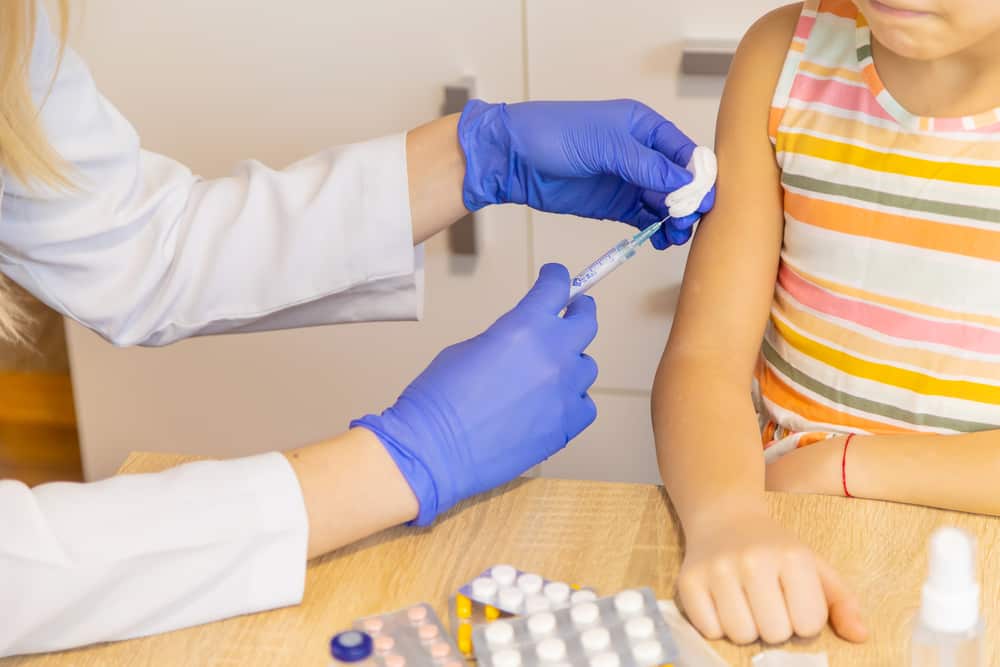There are many things you need to prepare for your children to grow healthy and protected from the world. Apart from making sure that they get enough nutrients through milk and food, they also need the arm of protection from viral diseases. Thus, vaccine shots are an essential part of the picture. On the long list of immunization comes one very common shot for infants – the rotavirus vaccine (rv). Read on to know more about it.

What is Rotavirus?
In newborns and young children, rotavirus is the most prevalent cause of serious vomiting and diarrhea cases. This virus usually affects those children between the ages of 6 months and 2 years.
Moreover, it can also cause another infectious disease in the form of gastroenteritis. Some adults may not show any symptoms. But, very young children are more prone to have serious symptoms as compared to their older counterparts.
Some of these symptoms include:
It may range from moderate diarrhea to life-threatening dehydration that demands extra care that may end up in hospitalization. Some cases can result in death.
The said virus can continue to spread for several days. Without the vaccine, almost every kid will experience rotavirus diarrhea by the time they reach the age of five. The rotavirus vaccine (rv) will protect the majority of children — about 9 out of 10 — from severe rotavirus sickness. Approximately 7 out of 10 infants will be immuned to rotavirus infection of any severity.
At What Age Can Your Child Get the Rotavirus Vaccine (RV)?
There are two rotavirus vaccinations that can be offered to children in the form of drops:
- Doctors administer the RotaTeq® variant in three doses for those at 2 months, 4 months, and 6 months, respectively.
- Meanwhile, the other variant called Rotarix® is administered in two doses at the ages of 2 months and 4 months, respectively.
A child should receive the first dose of either variant before reaching the age of 15 weeks. Children should receive all of their rotavirus vaccine (rv) shots before they become eight months old.
When Should You Delay the Administration of Rotavirus Vaccine (RV)
These are live attenuated, which means they include a weakened virus in the formulation. Some considerations might be considered before getting it for your child.
Inform your doctor or vaccine provider if your child has any of the following conditions before receiving the vaccine:
- is older than the age limit suggested for either dose
- had a previous severe allergic reaction to a vaccine
- is ill (temperature greater than 38.5°C)
- has/ had a chronic gastrointestinal disease in the past
- Suffered from intussusception (or a congenital condition that could lead to it)
- is on corticosteroid medication
- had a blood transfusion or has received blood products
- has an immune system deficiency (SCID), aberrant blood diseases or disorders, cancer, HIV, or various drugs have all impaired immunity
- has a weak immune system or lives with someone who has a weakened immune system.
Are There Any Side Effects You Need to Consider?
There is a possibility that your child may experience some side effects after getting a dose of the vaccine such as:
Furthermore, there is also a small risk of serious problems like that of intussusception. This usually occurs within a week after the first or second dosage. It is a type of intestinal obstruction that needs warrants for hospitalization and may require surgery in the process.
Key Takeaway
Your child should get all the protection possible even at an early age to prevent acquiring a disease. Always consult your pediatrician.
Learn more about vaccines here.
[embed-health-tool-vaccination-tool]



















